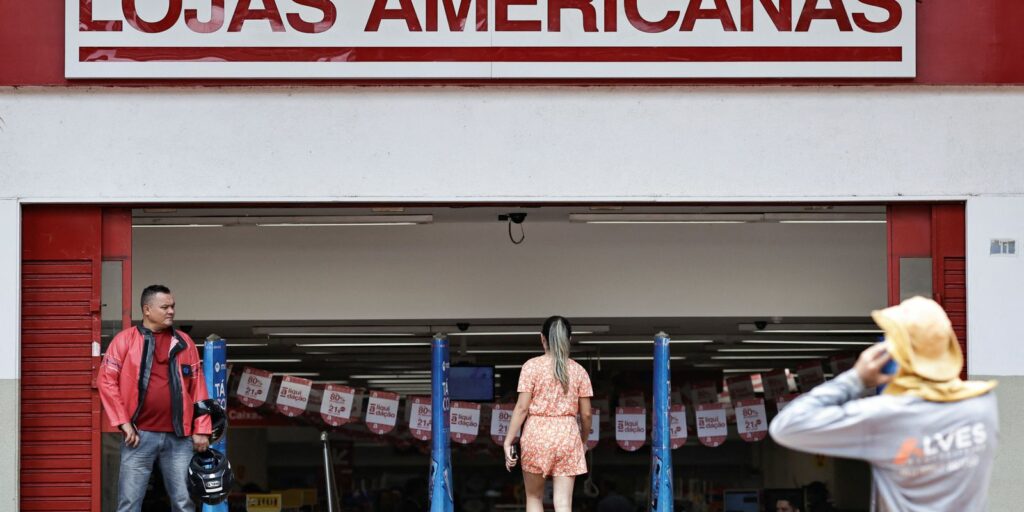This Wednesday, and despite the discomfort of the opposition, the Labor Commission of the Chamber of Deputies and Deputies will put to a vote the idea of legislating the pension reform project, complying with the deadlines set by the Executive, in the context of an overloaded last legislative week of Congress, prior to the traditional February recess.
In this regard, the Minister of Labor and Social Welfare, Jeannette Jara, stated a few days ago that this is “considerable progress”, after three months of processing, where -in her opinion- an important political signal is being delivered to the country , in that they are taking charge of the issue of pensions. “I have no doubt that we are going to reach a good agreement, because, as the pension system is, it cannot continue,” added Jara, emphasizing that “we will all have to give in to reach an agreement, but give in when there is a counterproposal , and that moment has not arrived. For this reason, now what is being voted on is not the details of the project, it is the idea of legislating and we cannot be in opposition to that,” she specified.
But the truth is that, during the afternoon of this Monday, a group of parliamentarians from Chile Vamos made their last effort to postpone today’s vote until March, through a meeting held with Minister Jara and the Minister of the Treasury, Mario Marcel, delivering a letter that summarizes the main criticisms of the right to the initiative, linked to what they consider an excessive role of the State, the lack of competition and the use of notional accounts, among other aspects .
One of the attendees at this meeting with the government authorities, the deputy and member of the Chamber’s Labor Committee, Frank Sauerbaum (RN), pointed out that “unfortunately we could not reach an agreement to postpone the vote on the reform of the system of pensions, and the Government pushed for a vote this Wednesday. In these conditions, we are going to be forced to vote against it, because it is a bad reform (…). We believe that, prior to approving the idea of legislating , we should meet with our professionals and our technicians, both from the Government and from the opposition, to establish a framework of agreement and really advance in a reform that interprets the needs of Chileans”.
According to the National Renovation parliamentarian, “for us moving forward in this discussion basically has to do with the ownership of the pension funds, with the possibility that they are inheritable and with the possibility of choosing between a private and a public system, and also with the role that the State is going to play in this reform Today, if we were to approve this project, the State would take 50% of the Gross Internal Tax in the long term, and we believe that this is also a risk, besides that The elements are not available to make a good management of the funds of the workers”.
Now, although in the Government they have the necessary votes for the idea of legislating the reform project to be approved in the aforementioned commission, despite the possible rejection of the opposition parliamentarians, they assume that it is just a question of their vote in general and that a long process of negotiations with the right is still pending, which will inevitably intersect with the elections in the context of drawing up the new Constitution.
In this regard, a source within La Moneda reveals that they are aware that the Executive, if it intends to carry out its reform, will have to cede at least one of these two points: the 6% extra contribution charged to the employer or, Well, the fact that the State is the one that manages the pension funds. Assimilated that the votes in the Legislative are not to approve these proposals, the same official source warns that the Minister of Finance, Mario Marcel, left this decision in the hands of President Boric, who must determine whether to cede in any of these aspects or move forward with his original project, despite the risk of eventual failure.
Tax Reform: a long way to go
After this Monday the Finance Commission of the Chamber dispatched the tax reform project, and in view of the failed attempts of the president of this instance, Jaime Naranjo (PS), to put it on the table so that it could be voted on before the legislative recess of February, the discussion will be postponed until March, in the midst of a sharp position from the right against the advancement of a project that, they say, would be “even worse” than the controversial reform promoted by former minister Alberto Arenas, in 2014, during the second government of Michelle Bachelet.
In this regard, Deputy Naranjo himself stated that “we have heard a historical discourse from the right that suggests that any tax reform is negative for the country: because it does not generate investment, drives away capital, does not generate growth and employment. But that is what “We have been listening historically. Unfortunately, that retrograde and outdated discourse has been raised again throughout the debate on the current reform.”
From the opposition, the deputy and also a member of the Chamber’s Finance Committee, Guillermo Ramírez (UDI), assured that, just as the current project is, it will bring even worse effects for our economy, by seeking to collect more “with more clumsy instruments”, damaging the middle class, for example – in his opinion – by establishing rental taxes, establishing capital market taxes, increasing the tax on large and small companies as well. In the opinion of the union member of parliament, this is a reform that will create less employment, wages will not rise, and Chile will fall behind economically compared to its Latin American peers.
Ramírez added that “the UDI has made the decision to vote against this tax reform as it is. The discussion in the Chamber will take place in the first days of March and, therefore, we will have time to discuss this with our peers from Evópoli and also from Renovación Nacional But there is something that is clear in the commission, where the parliamentarians of RN, like those of the UDI, voted against a large part of the tax reform bill, considering that it makes them This reform, that of Minister Marcel, is worse than the reform of Minister Arenas, and if that reform of Minister Arenas put an end to economic progress in Chile, this will only deepen this problem and accentuate the problems of investment and growth that we have in the country today,” he said.
In relation to the continuity of the discussion for the first days of March, after the legislative recess, from the ruling party they assimilate that the panorama for its processing is even more complex than in the case of the pension reform, where there would be more negotiation bridges between government and opposition. In the case of this project, from the Finance Commission they warn that it is very likely that the right will request separate votes in order to delay the process and make it fall, “as they have announced.”
In this regard, the deputy and member of said parliamentary body, Boris Barrera (PC), pointed out that “it is something that would not surprise us, because it is the attitude that they maintained within the commission during almost the entire project. There were very few elements that they approved together with us, so I wouldn’t be surprised if the strategy is to reject everything in the Chamber. What we hope is that they become aware that there are very important regulations here, that have to do with tax collection, in order to go to help people who are having a hard time right now, and that is the ultimate goal. Here it is not about supporting a government or a political project, but about thinking about the people and the country , and that is why it is important to approve this reform”, he pointed out.
















